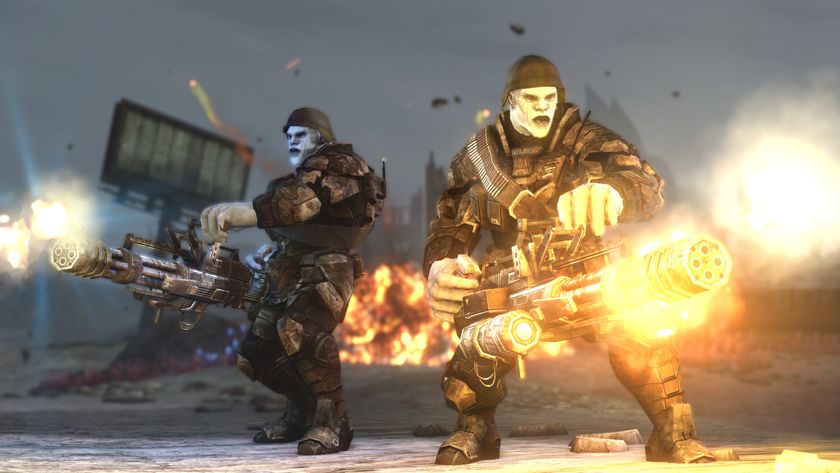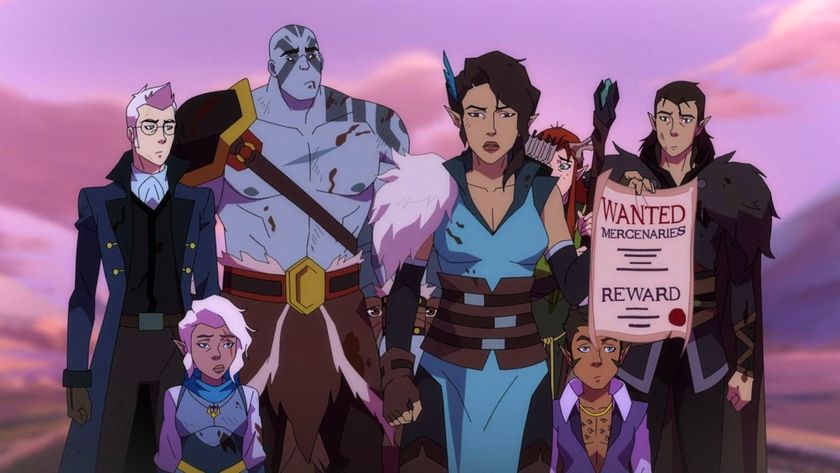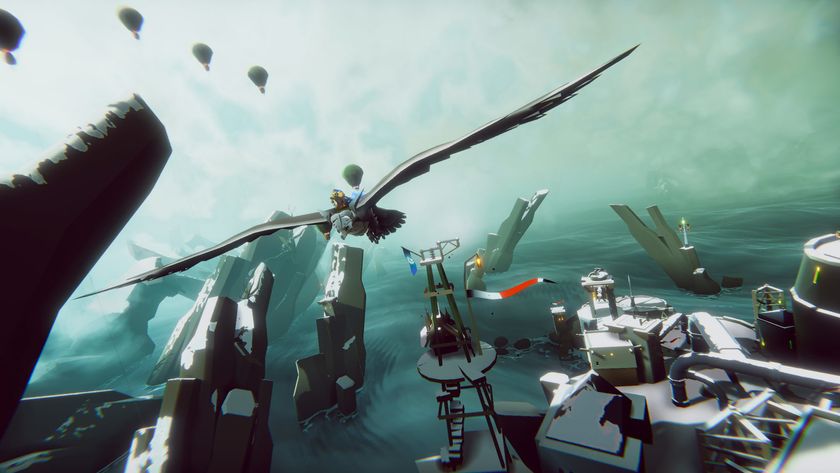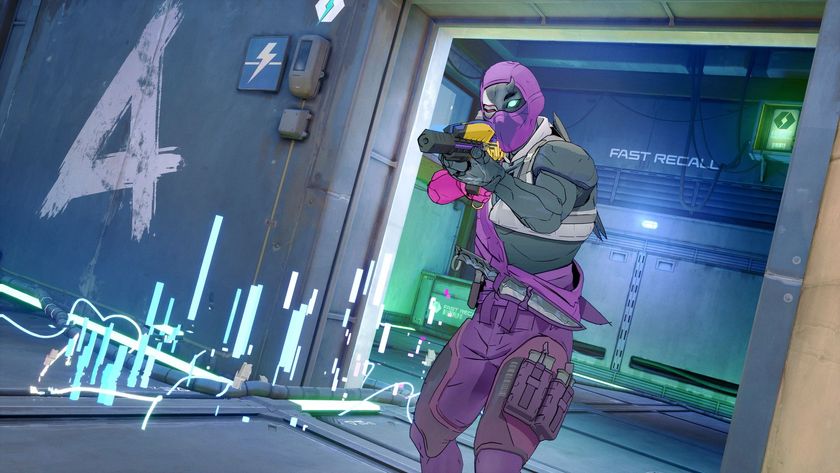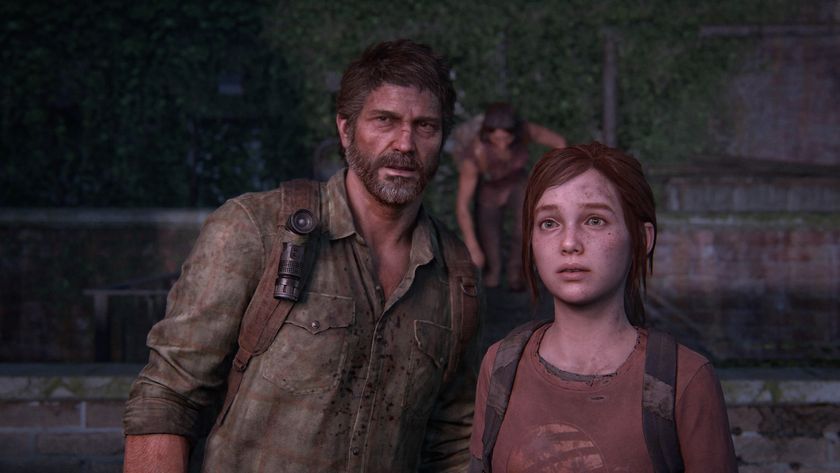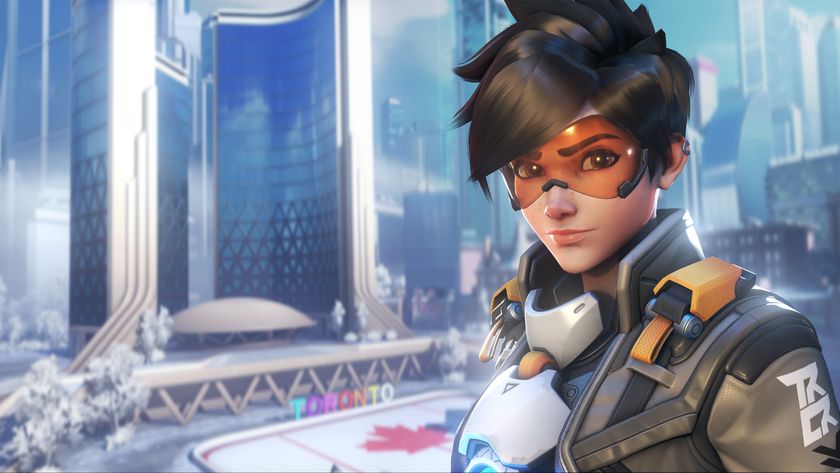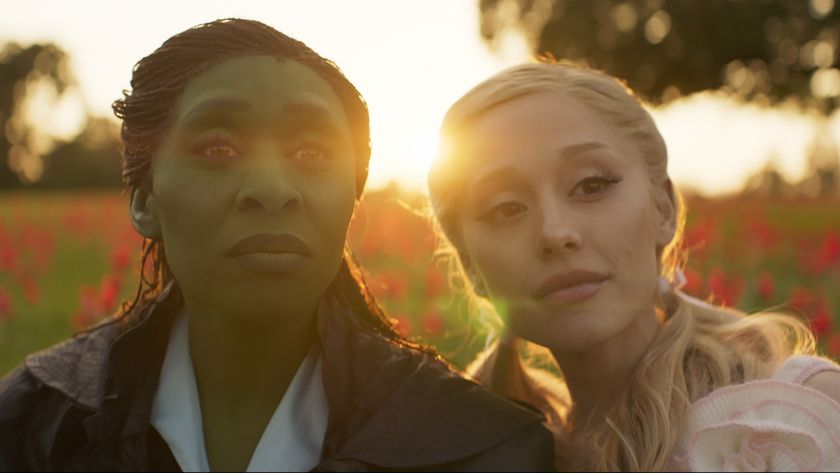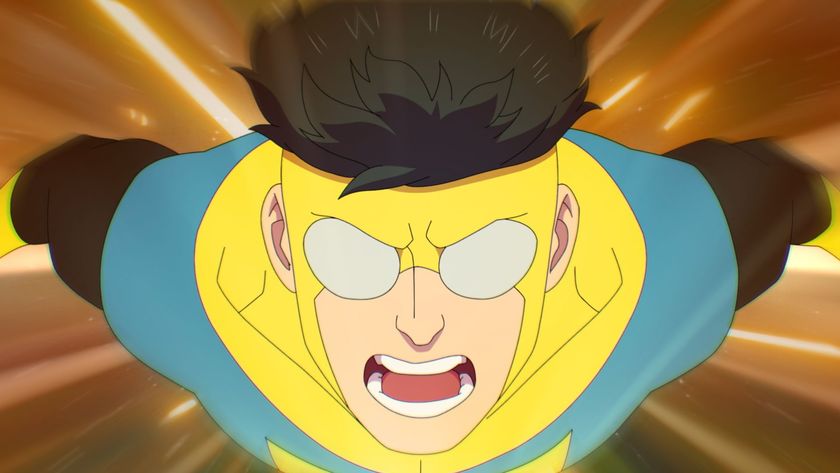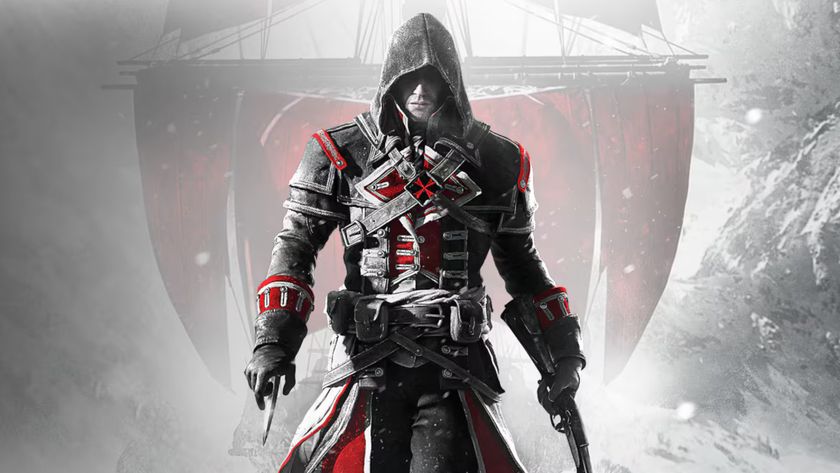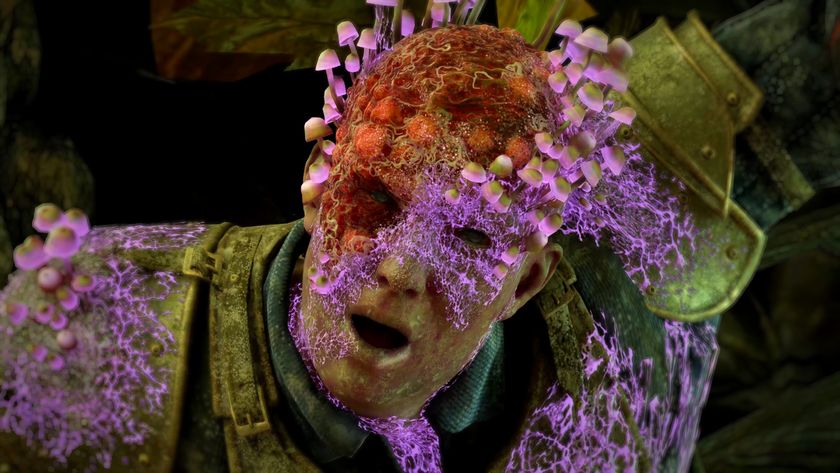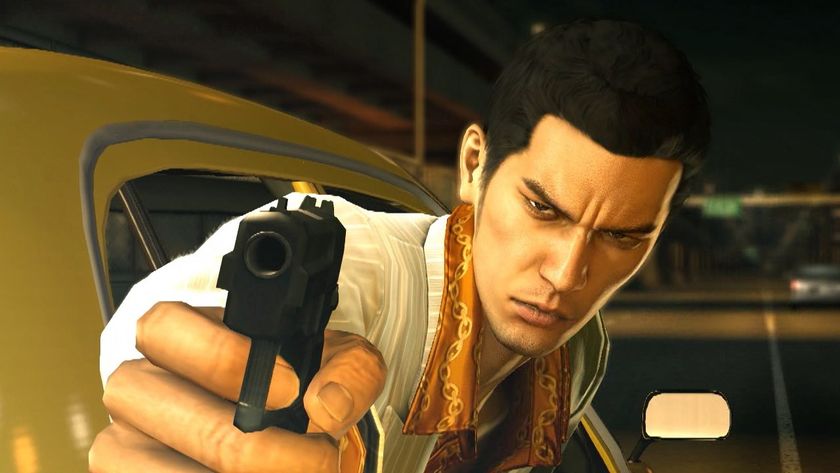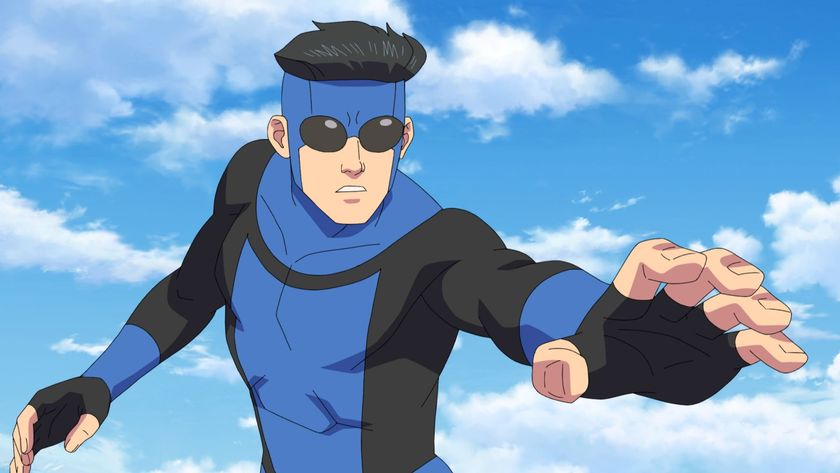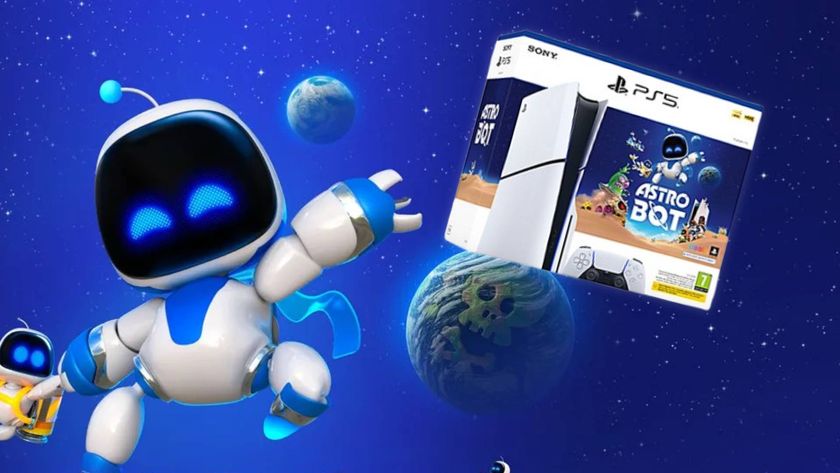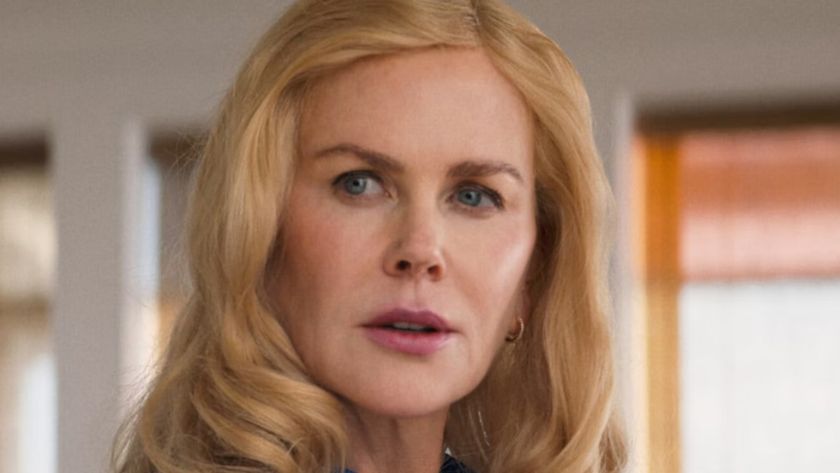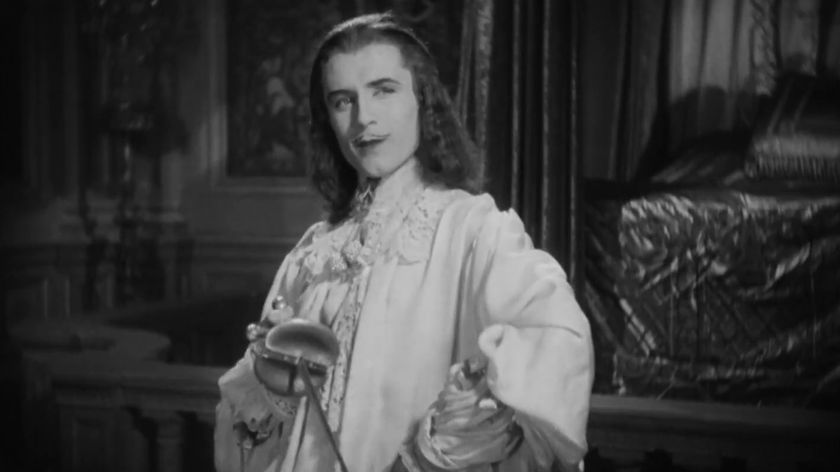How Sony is redefining the rules on console exclusives
Two games launched on March 11 earlier this year: Titanfall on the Xbox One and TowerFall: Ascension for the PlayStation 4. Beyond sharing a release date and oddly similar names, these dissimilar titles are worth viewing as a pair because they demonstrate the gulf between Microsoft and Sony’s current exclusive games strategies. Titanfall represents a business plan straight out of 2006, while TowerFall: Ascension shows today’s widening definition of an important exclusive. Sony has fundamentally shifted what it finds valuable in an exclusive title, and Microsoft is only starting to catch up.
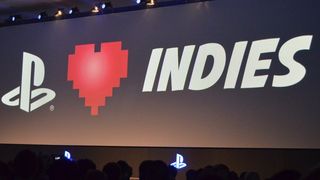
Looking back at the first half of 2014, PS4 had a steady stream of new releases, while Xbox One became the Titanfall machine and little else. Microsoft has been acquiring third party exclusives in the same way it approached Epic Games to develop a retail release on its previous console. That plan made Gears of War a real system seller for the 360, but that idea doesn’t appear to have the same effectiveness in the case of Titanfall, at least based on the big gap in PS4 and Xbox One console sales. Even more damning is MS's seeming lack of commitment to make Titanfall 2 exclusive. At the same time, Sony mostly turned away from those kinds of pricey deals, instead handpicking smaller indie devs to bring downloadables like TowerFall: Ascension first to PS4.
Of course, none of this is by accident. As I learned from talking with PlayStation's Adam Boyes last year, his team works hard to be as friendly as possible when getting indies involved with PS4. A big part of that approach is simplification. Sony made behind-the-scenes changes, like allowing developers to self-publish and streamlining the lengthy approval process for putting games on PS4. These are important changes that most gamers aren't aware of, and they're steps Microsoft is only starting to adopt. Historically speaking, console makers aren't expected to make these kind of concessions to smaller teams, but Sony did and it's paying off.
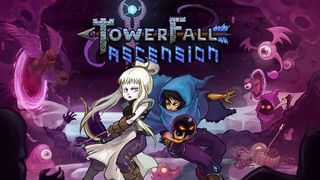
System parity, a policy that Sony rejected, might be the most harmful practice that Microsoft still uses with regards to indies. System parity means that downloadable games must come to the Xbox One at the same time as every other system, if not before. If a title is released first on PS4 or PC, Microsoft isn't interested in it. It's a rule that bars PC originals like Don't Starve and Octodad from coming to Xbox One, and those likely won't be the last innovative games that make a splash on Steam, then transition to the PS4 instead of Xbox One. This archaic mentality worked when XBLA was the clear industry leader for console downloadables, but not any more.
On top of all that, Sony's army of small-scale exclusives came at the perfect time. Be it the NES, 3DO, or PS3, every console suffers from a shortage of games in its first year, and that’s just as true for the PS4 and Xbox One. Both machines need all the games they can get right now, and from the moment the PS4 launched it's had a much steadier flow of titles. And those smaller games accompany major releases like Killzone and Infamous to give the PS4 this continually growing momentum. Most AAA next-gen titles aren't coming until 2015, and that leaves a lot of space for smaller games to get attention in the meantime.

Sony’s novel (and effective) way of reprioritizing third-party exclusives means searching for some of the best in the indie space and making them a big deal. The PlayStation team keeps signing on more and more indie titles like TowerFall, Don’t Starve, and Octodad (even if they technically came to PCs first). Those titles may not garner a ton of attention by themselves, but together they amount to a healthy collection of titles you can’t play on the Xbox One. Through promotion on PSN and events like Gamescom and E3, Sony treated those games with the same type of gravitas as a new first-party title, turning potentially overlooked titles into major releases, likely for a fraction of what Microsoft spent advertising Titanfall.
Right now the PS4’s worldwide sales are moving past Xbox One’s at the same time as Sony’s digital storefront outpaces MS’s in terms of size (just look at them side-by-side), and that hardly seems like a coincidence. And that inclusive attitude was obvious since The Witness, Jonathan Blow’s follow-up to Braid, got comparable stage time to Infamous: Second Son during the PS4's reveal event. This emphasis on smaller, artistic titles that were in some way exclusive to PS4 continued at E3 2013 and 2014, as both shows gave ample time to independent titles exclusively in Sony’s camp. From walking the show floor this year, I heard tons of buzz for games like No Man’s Sky and Grim Fandango Remastered, both with more organic hype than games like Sunset Overdrive and Call of Duty.
Sign up to the 12DOVE Newsletter
Weekly digests, tales from the communities you love, and more
All the proof you need for the success of Sony's new approach to exclusive deals was right at the forefront during E3, from both Microsoft and Sony. MS's press conference talked up traditional deals, like getting Call of Duty DLC early, but the publisher also gave time to smaller exclusives like Inside (the next game from the creators of Limbo), Ori and the Blind Forest, and the whole ID@Xbox collective of indie titles. The lineup might not seem as strong as the PS4's upcoming indies, but this move towards Sony's strategy is clear recognition that Microsoft sees value in the approach.
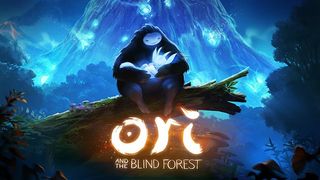
Who knows how important smaller titles like Everybody's Gone to the Rapture and Sportsfriends will be once the major publishers shift their resources to next-gen in the coming year? Maybe 2014 will just be remembered as a brief moment when indie exclusives dominated before being replaced by big, AAA deals. But for now, Sony has changed the rules on what makes makes a worthwhile exclusive, giving massive exposure to games that would've likely been overlooked otherwise. Here's hoping these new rules stick around.
Henry Gilbert is a former 12DOVE Editor, having spent seven years at the site helping to navigate our readers through the PS3 and Xbox 360 generation. Henry is now following another passion of his besides video games, working as the producer and podcast cohost of the popular Talking Simpsons and What a Cartoon podcasts.
